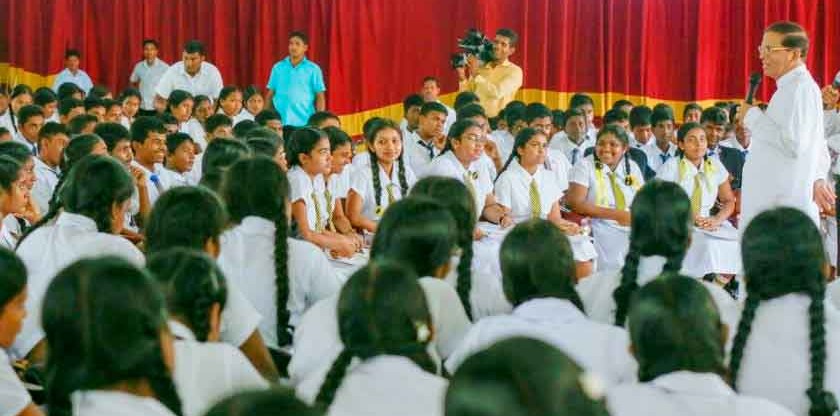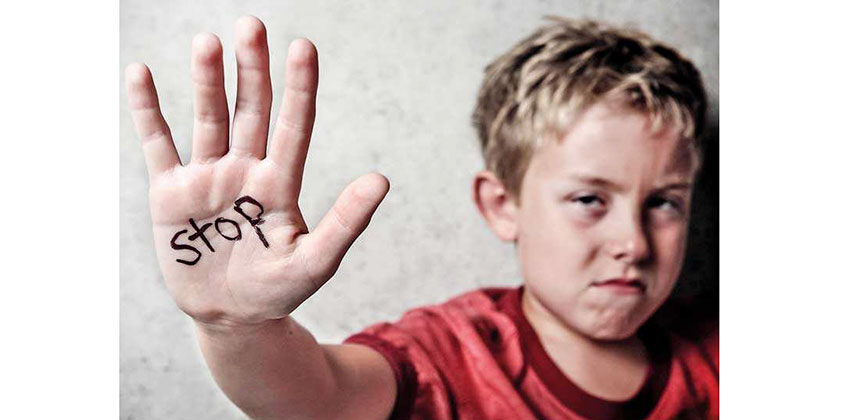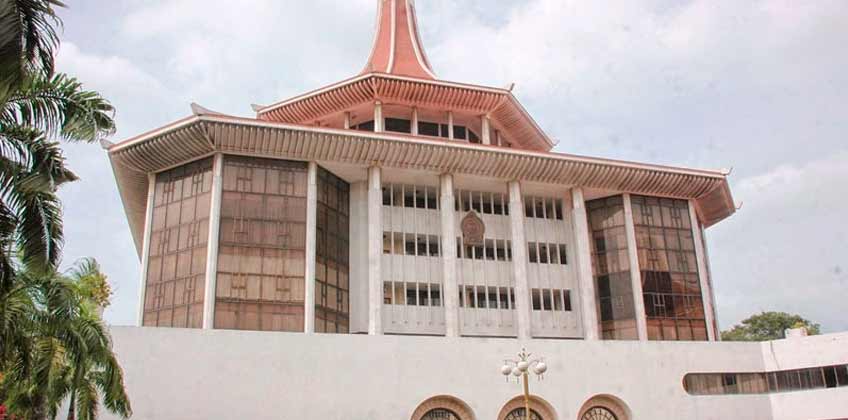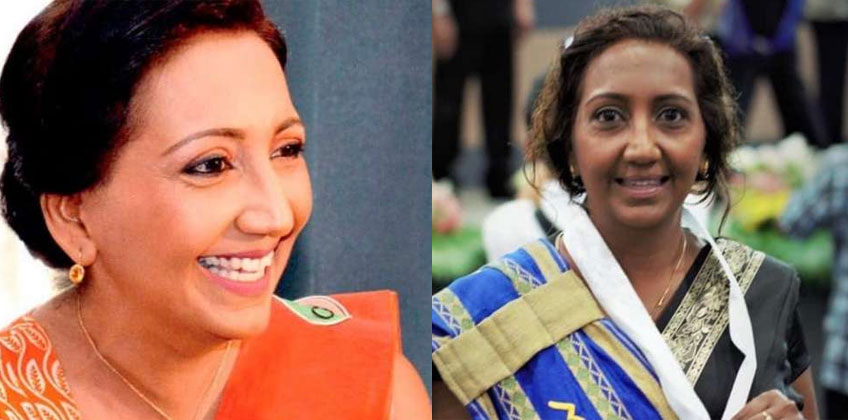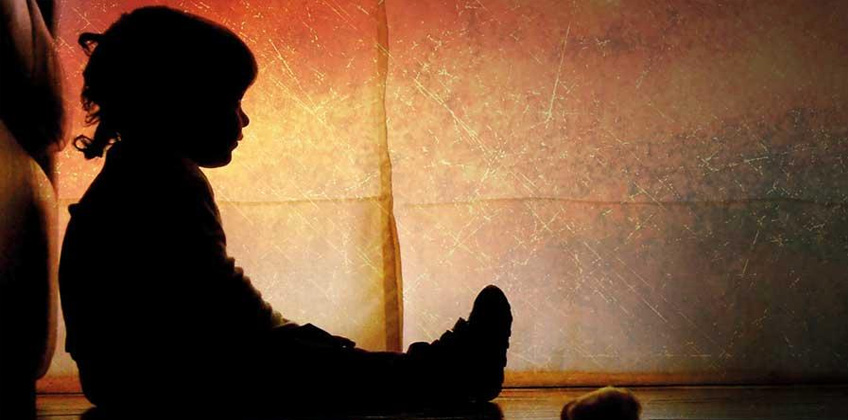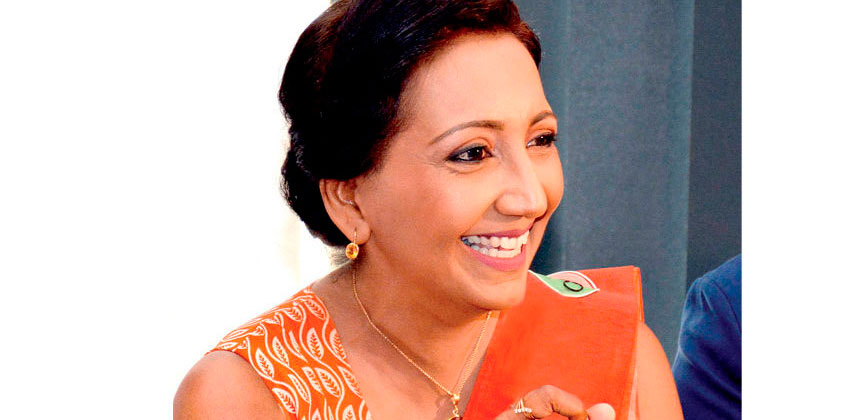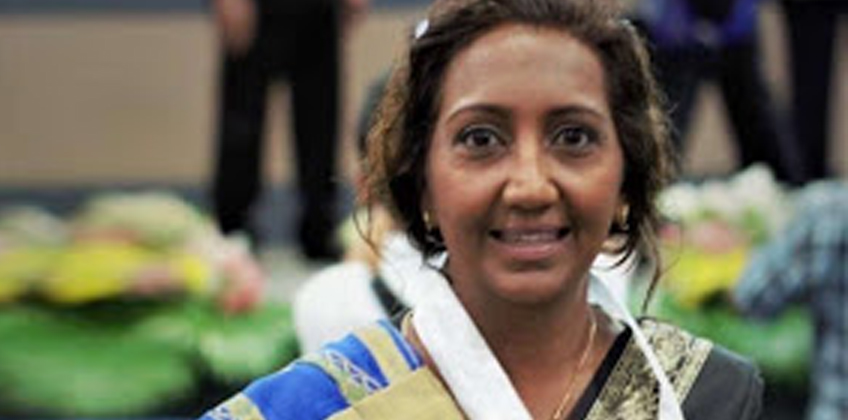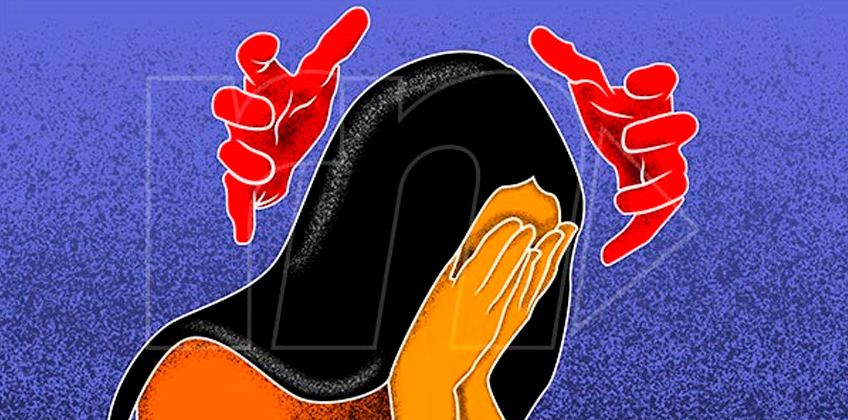
ECONOMYNEXT-An abused child in Sri Lanka child gets raped again several times in front of the media and the law, Activist Boomi Harendra said, speaking at an event in Colombo today by Stop Child Cruelty.
Harendra said that the country has a problem with the protection of the privacy of a child who is being abused or raped.
“Some say In order to report child abuse the suffering should be shown outwardly. But abuse and sufferings are not always limited to the physical, no one thinks about its mental impact, our children do not know whether it is abuse or not because we have not educated them about it,” she said.
She said that when children die after being raped or when they are raped a much chatter is initiated on social media.
“But we have become a nation that lives to the trend. When a child is raped or harassed we display placards on Facebook for that child but we have become a somewhat strange nation that will forget whether such an incident ever happened with time,” she added
Moreover, she said as Sri Lankans we proudly talk about our 2500-year-old history but there is an issue about the protection of the child who is at home.
“If the next-door child is subjected to abuse have we ever raised against it as adults? Our motherhood and fatherhood have become hypocritical to the extent where we say that it is not our child and our child is safe. Unless such things happen to our own child our motherhood and fatherhood are limited to our own child,” she said.
Also, speaking at the event Chairperson of Stop Child Cruelty Sri Lanka Dr Tushara Wickramanayake said that a child is being sexually harassed in Sri Lanka every two hours.
And she added that Sri Lanka is sinking to the level of 10 per cent of countries in the world with minimum child protection
Further, speaking about the historic Supreme Court ruling over corporal punishment in schools, Attorney at law Achala Seneviratne said the Judiciary is the highest custodian of children in a country.
She said that through the ruling given by the Supreme Court, it decided that the existing laws in the country regarding child abuse are outdated.
“Through this verdict, we saw that not only the laws with the highest standards but also the definition of the principles of natural justice of the country and the fact that the children are the very definition of the highest resource a country has and a revelation that its citizens, leaders and the place which make laws are associated with its accountability,” she said.
Moreover, she said that the verdict has also clearly said that traditional methods of bringing up a child do not suit the current world and society.
The Supreme Court of Sri Lanka on February 12, 2021, ruled that the teacher-in-charge of the discipline of Puhulwella Central College of Matara district is guilty of violating the fundamental rights of a student by beating a student and causing a ruptured eardrum.
Accordingly, the teacher was ordered to pay Rs. 150,000 personally while the government was ordered to pay Rs. 500,000 to the student within six months.
The fundamental rights petition was filed by the parents of the 15-year-old victim.
The panel of Supreme Court judges comprising Justices S. Thurairajah, Sisira de Abrew and Murdu Fernando decided that the student’s rights under Article 11 of the constitution of Sri Lanka had been violated.
Delivering the verdict Justice Thurairaja said, “Corporal Punishment as a method of discipline is ineffective for multiple reasons. It is used by adults for the simple reason that physical violence is more likely to bring instant compliance. This method of correction teaches children to fear violence and normalizes violence as opposed to bringing any sense of understanding of the wrong committed or of the true societal value of discipline. The behaviour is avoided in the future not due to understanding of the wrong committed but due to the trauma of violence. Encouraging corporal violence normalises violence, undermines the dignity of a child, and inflicts trauma in children which are reflected in unhealthy and disruptive behaviour as adults. Corporal Punishment disregards the integrity, autonomy, and dignity of each child,”
He went onto say, “we must also recognise that adults are protected by law from similar incidents as it would amount to criminal use of force, assault, and other crimes against the person. Children as minors and vulnerable members of society, when hit, injured, traumatised in the name of discipline or punishment, must not be left defenceless and unheard when faced with such violence. Normalising violence as in the instant case is unacceptable as this leaves voiceless minors vulnerable in the face of mental and physical violence and trauma, and we, as an institution of Justice would be failing in our duty to allow for such normalisation of violence and victimisation of children.” (Colombo/March05/2021)
Reported by Imesh Ranasinghe



